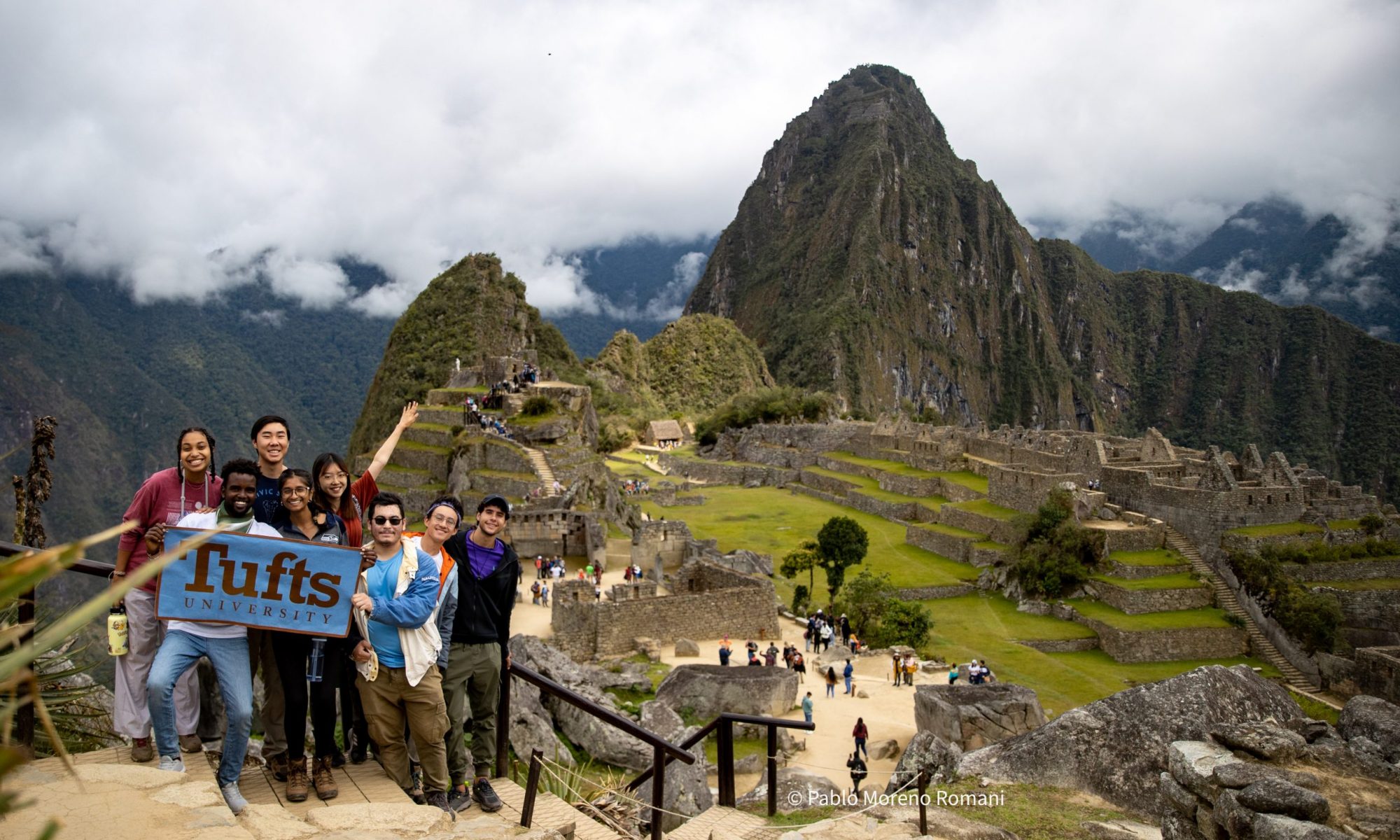
by Leonardo, Tufts 1+4 Participant
Before coming to Brazil, I never really walked anywhere. Being from rural Tennessee, I was always forced to drive to places. The only times I actually went out and walked was on my way to my car. For this reason, one of the biggest changes I have faced here is the amount of walking I do. Until recently, it never occurred to me that it would be smart to start using a bike to get around my neighborhood. I can’t remember the last time I rode a bicycle. Fortunately for me, my host father has a brand-new bike he never got around to use. It had definitely been a long time since I had mounted a bicycle but once I got on, it was as easy as riding a bike. I did not expect that something as simple as riding a bike could be as exciting and freeing as it was. I could not help but to smile ear to ear as I sped up and felt the wind on my face. As I biked, I saw parts of my community that I didn’t realize were so close to me—cafés, stores, and even the Florianopolis botanical garden. It was at this time that I also noticed that there was so many people on bicycles. I realized then that I was part of this community, except that unlike everyone else I was actually wearing a helmet—and a slightly over sized one at that. I gained a new sense of independence at that moment.
I am used to being independent. Growing up with parents who did not speak English, I was forced to grow up. I realized that I, in some way, had to be my own parent. I would fill out and sign parent forms, field trip forms, doctor forms. Senior year of high school, when college loomed, I dove headfirst into the college application process mostly alone. I scheduled and took standardized tests, filled out FAFSA, poured my heart out on essays, and everything else that is required in the pursuit of a higher education. Although this independence has certainly been beneficial here, living in foreign country requires another type of independence—another kind. The kind of independence that allows for one to go out into a foreign world with minimal language skills. An independence that permits one to realize that sometimes it is necessary to reach out for help—that facing something alone is not always the best way.
So, as I pedaled faster and faster, I made a decision. A decision that for the longest time, I knew I had to make. I had been avoiding the issue for weeks, but that bike ride finally convinced me to move forward. It involved my host family. I won’t get into specifics, but I realized that we were not a good fit. I realized that I was not improving the way I wanted to because of this mismatch. I realized I needed a change.



















